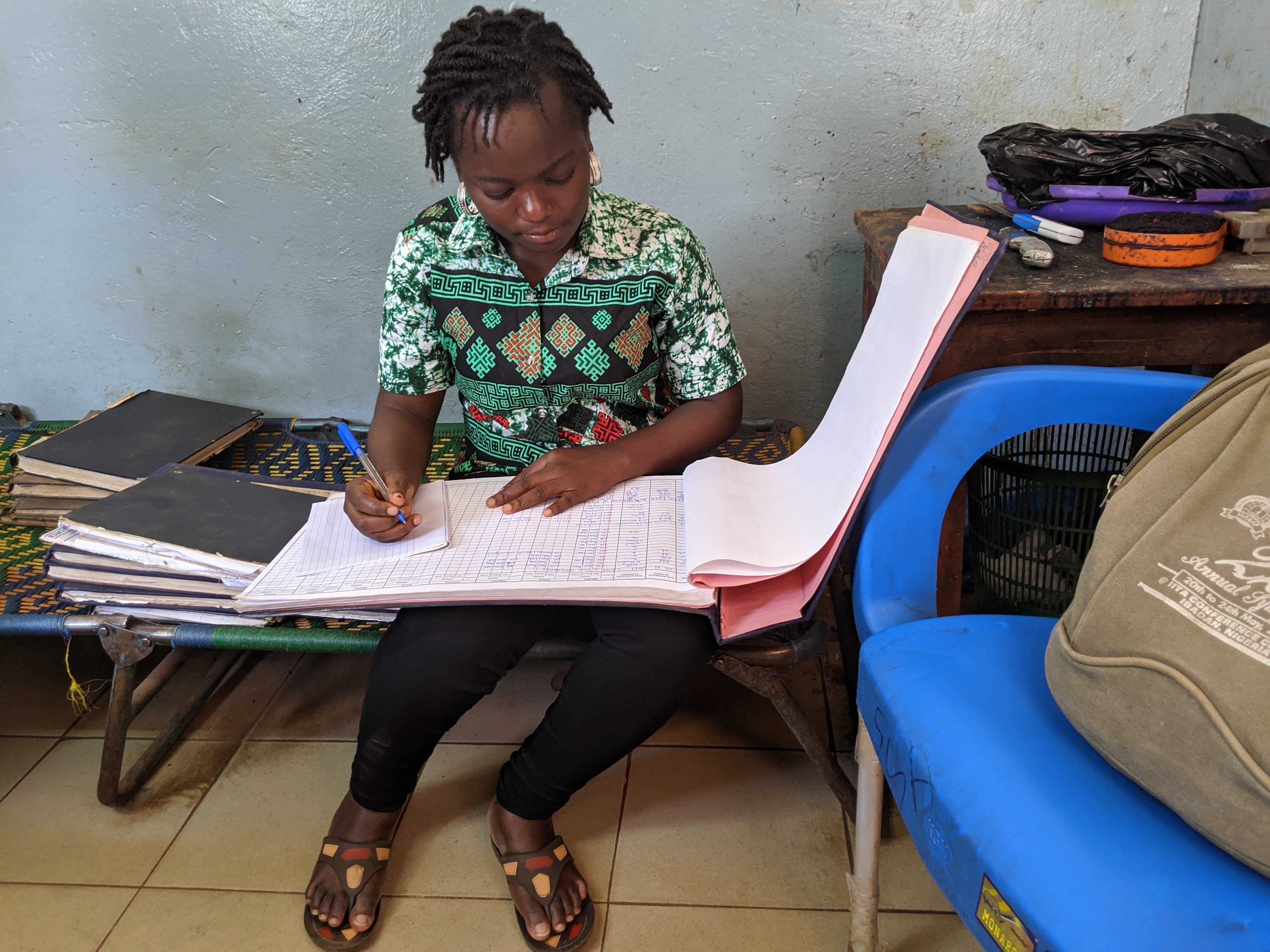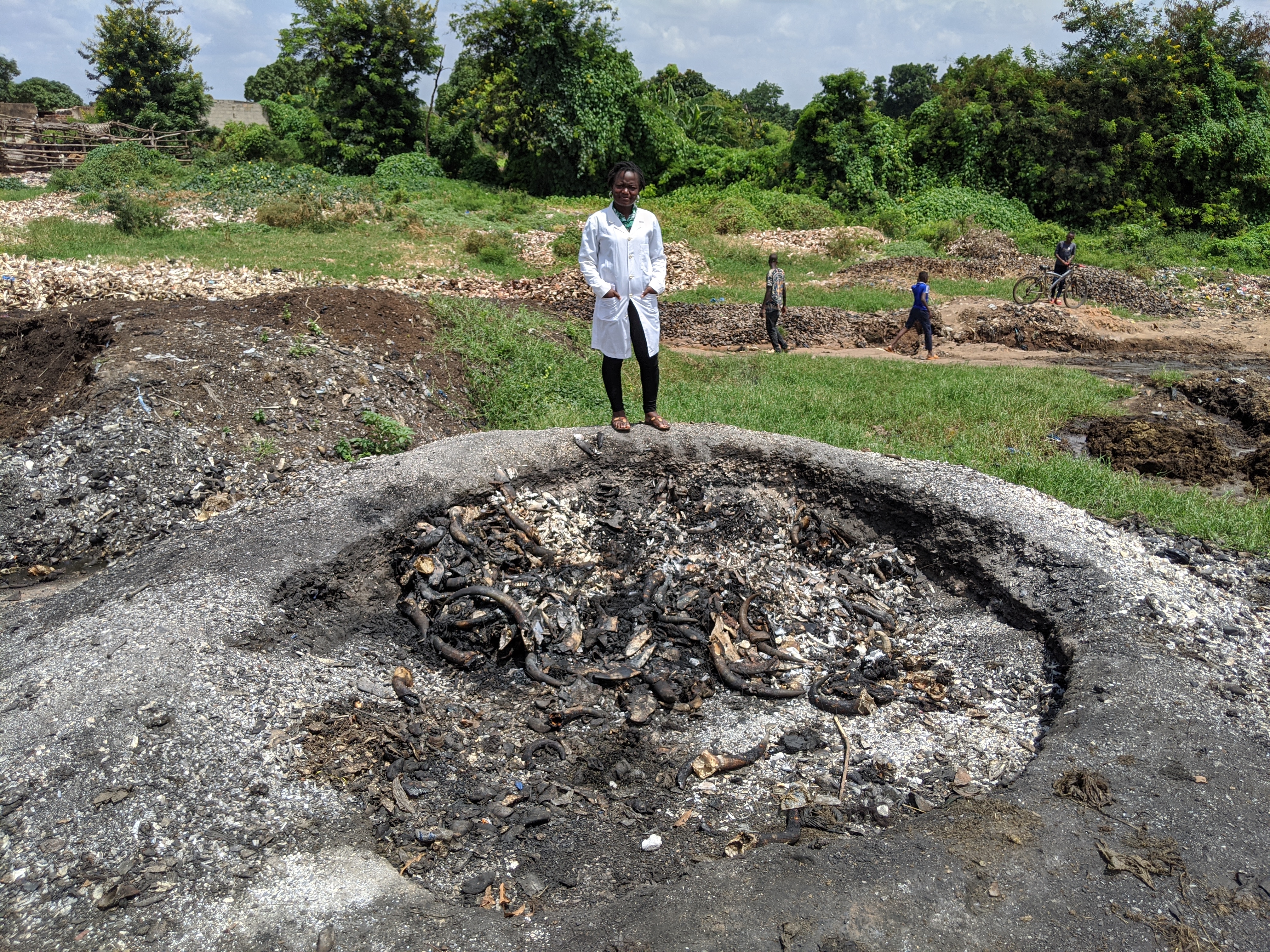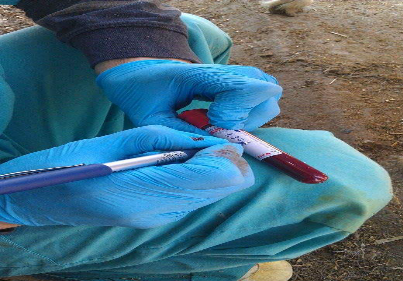UNESCO-TWAS, along with the Islamic Development Bank (IsDB), has launched the third edition of its yearly postdoctoral programme for early-career researchers from IsDB least developed member countries. By focusing exclusively on women this year, TWAS and IsDB aim to foster gender equality and support the participation of women in science.
The programme, called TWAS-IsDB Postdoctoral Fellowship Programme for Women, is open to early-career female researchers from the least developed member countries of the Islamic Development Bank. The fellowships will support research related to the United Nations Sustainable Development Goals, providing recipients with high-level training at centres of excellence in developing countries in areas relevant to sustainability science.
In its first two editions, the IsDB-TWAS Postdoctoral Fellowship Programme awarded 48 fellowships to as many early-career scientists, including 13 women. The awardees, some as young as 29 years old, come from 15 IsDB least developed countries and completed or will complete their fellowship at a research institute across 23 countries in the Global South. Main fields of research are sustainable agriculture, energy, and water and hygiene.
The deadline for receiving applications for the 2021 TWAS-IsDB Postdoctoral Fellowship Programme for Women is 19 July 2021, 11.59 p.m., Rome time. More information, including eligibility criteria, is available at https://twas.org/opportunity/isdb-twas-postdoctoral-fellowship-programme-women
Beyond this initiative, TWAS and IsDB have embraced a growing partnership since their cooperation began in 2019. Programmes to grow out of their joint endeavours have included a quick-response research grant on COVID-19 and support for young refugee and displaced women scientists.
The participation of women in science is vital to achieve the 2030 Agenda for Sustainable Development.
Despite the global community’s efforts in engaging and supporting women scientists – including by the United Nations Educational, Scientific and Cultural Organization and through the United Nations International Day of Women and Girls in Science – women continue to struggle for a full and equal access to and participation in science.
Globally, women make up 33.3% of researchers (in head counts) in 2018, according to data from the UNESCO Institute for Statistics for 107 countries covering the years 2015–2018.
However, the UNESCO Science Report 2021: the Race Against Time for Smarter Development highlights how large data gaps remain, which makes it difficult to draw conclusions for most regions of the world. In addition, only a few countries have achieved gender parity among researchers in engineering and technology and women still make up just 19% of inventors. Most importantly, women remain a minority in Industry 4.0 fields and, as they embark upon a scientific career, the gender gap widens: they are published less, paid less for their research, and do not advance as far as men. Similarly, the report Women for Science: Inclusion and Participation in Academies of Science, released in 2016 by the InterAcademy Partnership (IAP) and the Academy of Science of South Africa (ASSAf), with input from the Organization for Women in Science for the Developing World (OWSD), found that women made up only 12% of membership of the 69 science academies surveyed worldwide.
The TWAS-IsDB Postdoctoral Fellowship Programme for Women thus comes at a key time. It also aims to contribute to combat the disproportionate negative impact that the COVID-19 pandemic had on women scientists, particularly those at the early stages of their career. This despite the essential role that women researchers have been playing in the fight against COVID-19, including in creating a vaccine.
How TWAS and IsDB are supporting women in science.
Several women have benefited from past editions of TWAS-IsDB Postdoctoral Fellowship Programme. Here are the stories of two of them and how this programme enable them to advance their career.

Dr Marthe Montcho is a Beninese agronomist working as a Lecturer-Researcher at the National University of Agriculture, Benin, since May 2021. Her work focuses on animal productions and environment, climate change and livestock systems, meat science, dairy science, and gender and economic viability of livestock systems.
She carried out her TWAS-IsDB postdoctoral fellowship at the University Nazi Boni of Bobo-Dioulasso, Burkina Faso, from August 2020 to March 2021, where she researched the impact of slaughterhouse waste on the environment in two cities in Burkina Faso, and later on also in cities in Benin and Niger, and proposed models for a sustainable management of slaughterhouse waste. This is a major challenge in urban areas of West Africa, as a pollutant, a hazard to public and animal health, and a threat to the economy.
“Besides the new scientific knowledge I have acquired during my stay”, she said, “I have also been able to establish new collaborations with other young researchers. My network is growing and I can say that gradually I am building a regional and multidisciplinary strong team for future research proposals”. “This is very important”, she added, “in order to take actions for the preservation of the environment and the sustainable development in West Africa”.
 Dr Montcho is aware of the many misconceptions surrounding female researchers and the several obstacles they need to face, in terms of, among others, funding and network-building. “I am passionate about science and want to bring my contribution to scientific development and technological innovations”, she said. She will share the results of her research with decision-makers as, she concludes, “I am convinced that if science is accompanied by decisions and actions, sustainable development is secured”.
Dr Montcho is aware of the many misconceptions surrounding female researchers and the several obstacles they need to face, in terms of, among others, funding and network-building. “I am passionate about science and want to bring my contribution to scientific development and technological innovations”, she said. She will share the results of her research with decision-makers as, she concludes, “I am convinced that if science is accompanied by decisions and actions, sustainable development is secured”.
Dr Hafsa Mohammed Mohammed AL Yamani is an animal geneticist who was forced to flee from Yemen and has started her TWAS-IsDB postdoctoral fellowship at Ege University in Turkey in May 2021. Here, she will research genetic technologies to improve breeding of male goats, so that they can adapt better to harsh environmental conditions and climate change. A sustainable development in the livestock industry is in fact needed, in order to meet the growing demand of the world's population for quality and secure food, while at the same time protecting the environment and animal welfare.
 “I got interested in this topic because it involves the pillars of sustainability: the consumers, the environment, and the economy”, she said. She believes this research will bring benefits to her home country as well, which “has heat stress and climatic fluctuations between cold and high temperatures and where people suffer from shortages in the consumption of proteins and healthy food”.
“I got interested in this topic because it involves the pillars of sustainability: the consumers, the environment, and the economy”, she said. She believes this research will bring benefits to her home country as well, which “has heat stress and climatic fluctuations between cold and high temperatures and where people suffer from shortages in the consumption of proteins and healthy food”.
Dr AL Yamani believes that “a knowledgeable woman advances with her person, her family, her community, her country”. However, in Yemen women are still prevented to access education, and the protracted crisis has been hindering any possibility for research.

